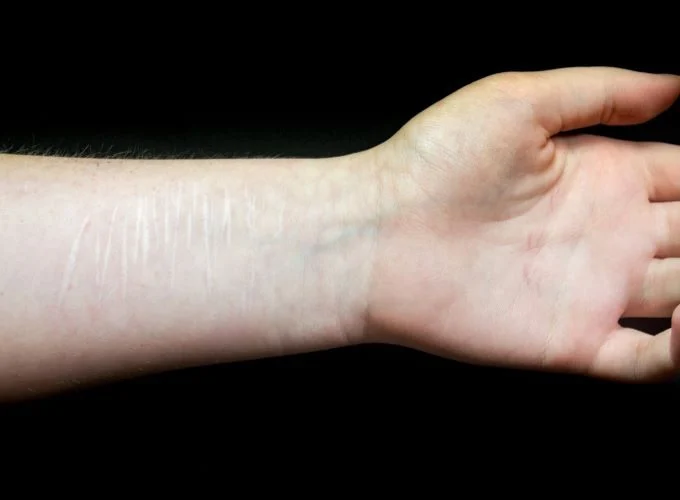In today’s fast-paced world, prioritizing mental health isn’t just important; it’s essential for living a fulfilling life. Think about it: counseling provides invaluable emotional support and effective coping strategies, but let’s not underestimate the transformative power of exercise. Regular physical activity is a game-changer for your mood, stress levels, and overall mental health.
Imagine combining the benefits of both counseling and exercise! This powerful duo creates an unbeatable holistic strategy that fosters resilience and elevates your quality of life.
So why wait? Take charge of your mental health today and embrace a happier, healthier you!
How Exercise Supports Mental Health
We often think of exercise as a way to stay in shape, but its impact on mental health is just as significant. Regular physical activity can:
- Reduce Stress and Anxiety – Exercise lowers cortisol (the stress hormone) and increases endorphins, the brain’s natural mood boosters.
- Improve Sleep Quality – Moving your body during the day helps you fall asleep faster and enjoy more profound rest.
- Boost Self-Esteem – Accomplishing fitness goals, no matter how small, builds confidence and a sense of achievement.
- Enhance Brain Function – Exercise increases blood flow to the brain, sharpening memory, focus, and overall cognitive abilities.
- Support Brain Health – It stimulates the production of brain-derived neurotrophic factor (BDNF), which promotes neuron growth and repair while helping regulate mood-stabilizing neurotransmitters like serotonin and dopamine.
Why Counseling Matters
While exercise offers incredible mental health benefits, some struggles require deeper emotional work. Counseling provides:
- A Safe Space to Process Emotions – A trained therapist can help you explore past experiences, trauma, and emotions in a healthy way.
- Healthy Coping Strategies – Therapy equips you with tools to manage stress, anxiety, and emotional challenges without resorting to unhealthy habits.
- Goal-Setting Support – Whether personal or professional, a therapist can guide you in setting and achieving meaningful goals.
- Stronger Relationships – Counseling improves communication skills, helping you build healthier connections with family, friends, and colleagues.
The Science Behind Exercise and Mental Health
Exercise doesn’t just feel good—it has a direct impact on your brain chemistry. Here’s how:
- Releases Endorphins – Known as “feel-good” hormones, endorphins help reduce pain perception and elevate mood.
- Regulates Cortisol Levels – Chronic stress raises cortisol, contributing to anxiety and depression. Regular exercise helps keep it in check.
- Improves Cardiovascular Function – Better heart health means better oxygen and nutrient delivery to the brain, improving focus and emotional regulation.
- Reduces Inflammation – Chronic inflammation has been linked to depression and anxiety, but exercise helps keep inflammatory markers in balance.
The Power of Combining Exercise and Counseling
Individually, both exercise and counseling offer incredible benefits—but together, they create a powerful mental health strategy. Here’s why:
- Better Mood Regulation – Exercise naturally lifts your mood, while therapy helps resolve deeper emotional struggles.
- Increased Motivation and Accountability – A therapist can support your fitness journey as part of a broader self-care plan.
- Stronger Stress Management Skills – While exercise provides instant relief, therapy equips you with long-term coping techniques.
- A Balanced Approach to Self-Care – Mental and physical health go hand in hand, and combining both ensures you prioritize overall well-being.
How to Incorporate Exercise and Therapy Into Your Routine
If you’re looking to integrate both into your self-care plan, here are some tips:
- Find an Activity You Love – Whether it’s yoga, hiking, dancing, or strength training, choose something that excites you.
- Set Realistic Goals – Work with your therapist to set achievable fitness and mental health goals.
- Stay Consistent – Small, regular efforts lead to long-term benefits.
- Practice Mindfulness – Breathing exercises, meditation, and mindful movement can enhance emotional resilience.
- Seek Support – Join a fitness group, work with a therapist, or find an accountability partner to stay motivated.
Final Thoughts
Exercise and counseling are highly effective methods for improving mental health. Exercise releases mood-boosting hormones and helps reduce stress, while therapy offers emotional guidance and coping strategies. Together, they create a comprehensive approach to both mental and physical wellness. If you are struggling with mental health, consider incorporating both exercise and counseling into your routine—you deserve to feel your best.










0 Comments